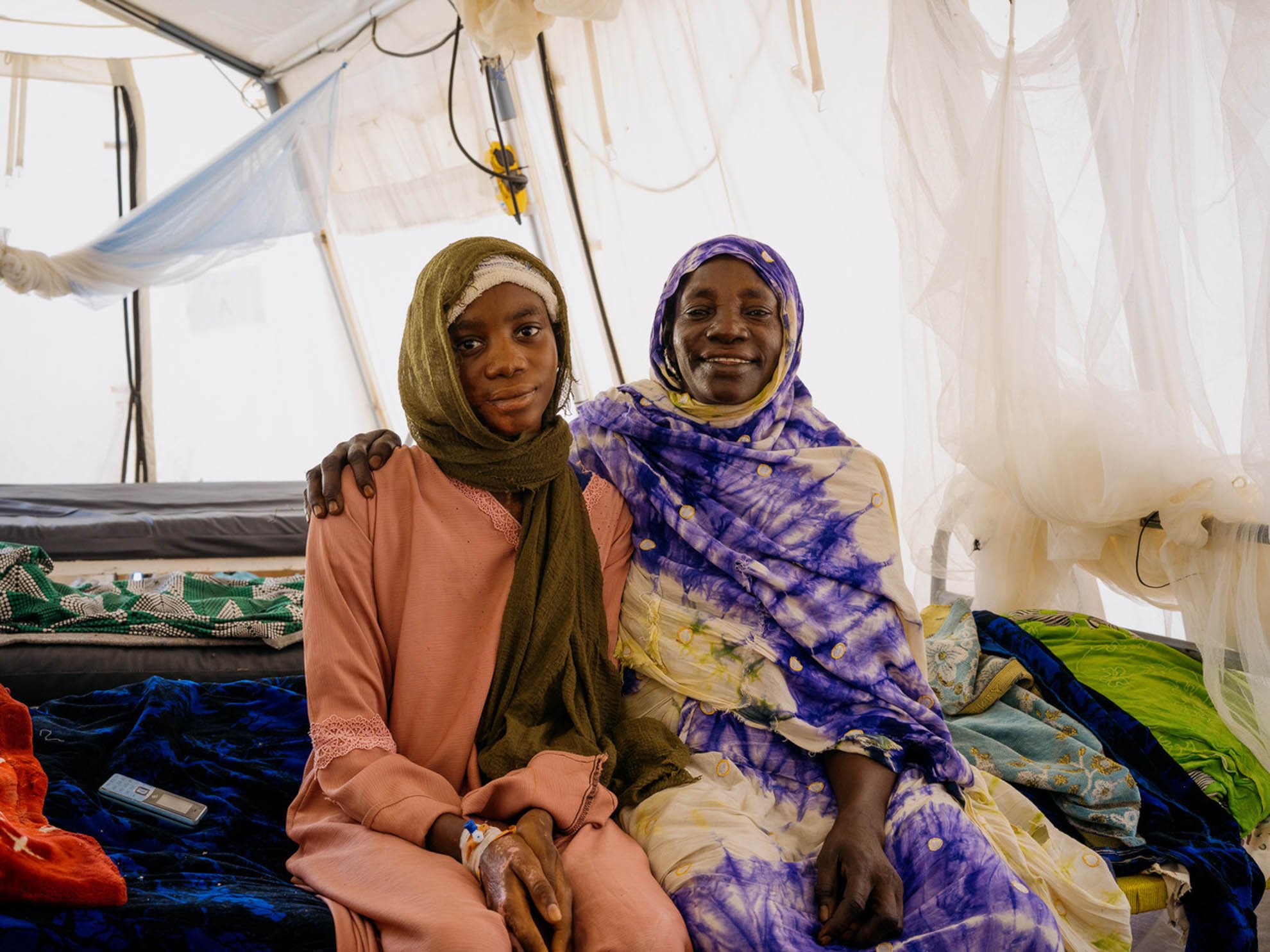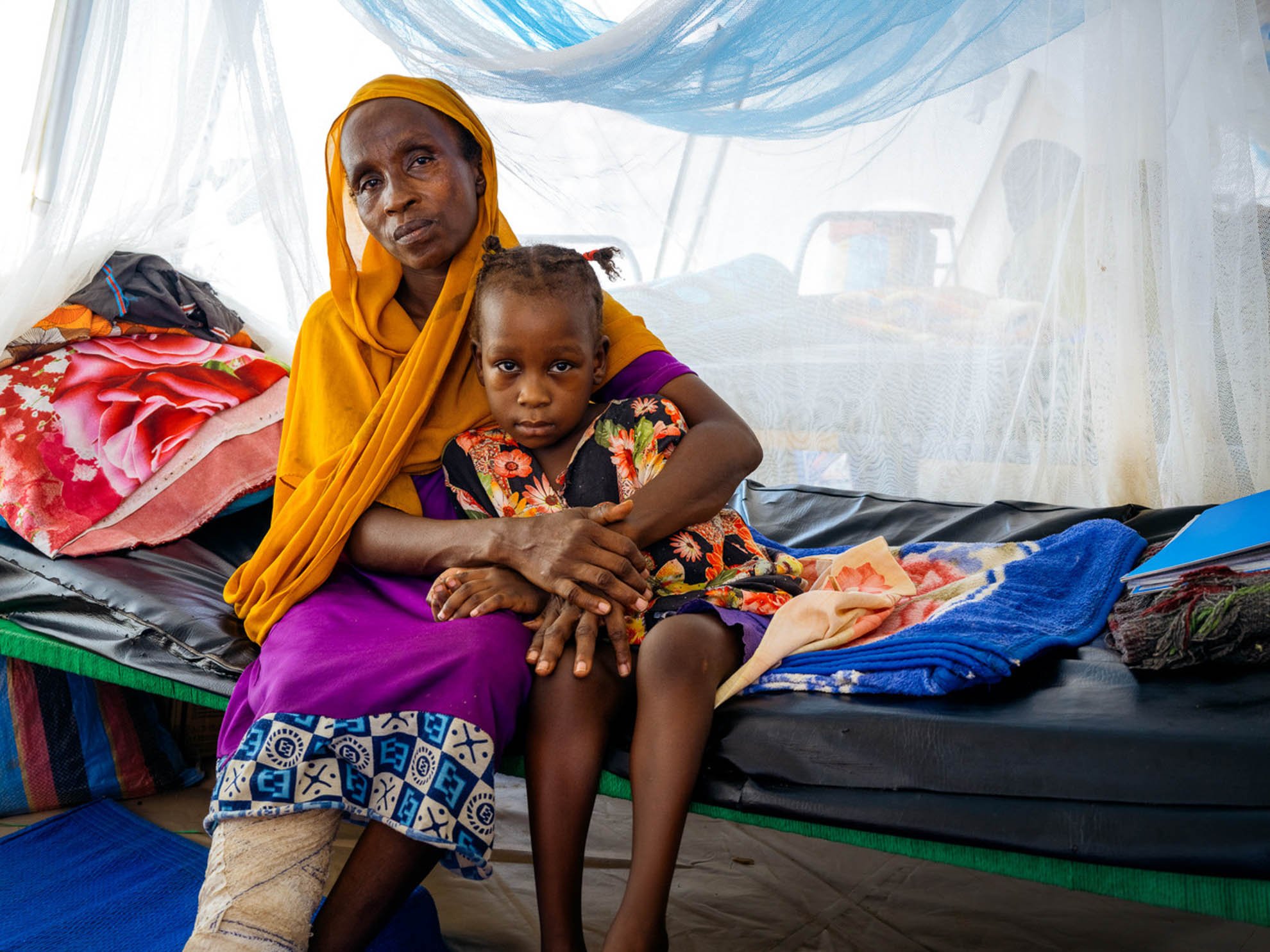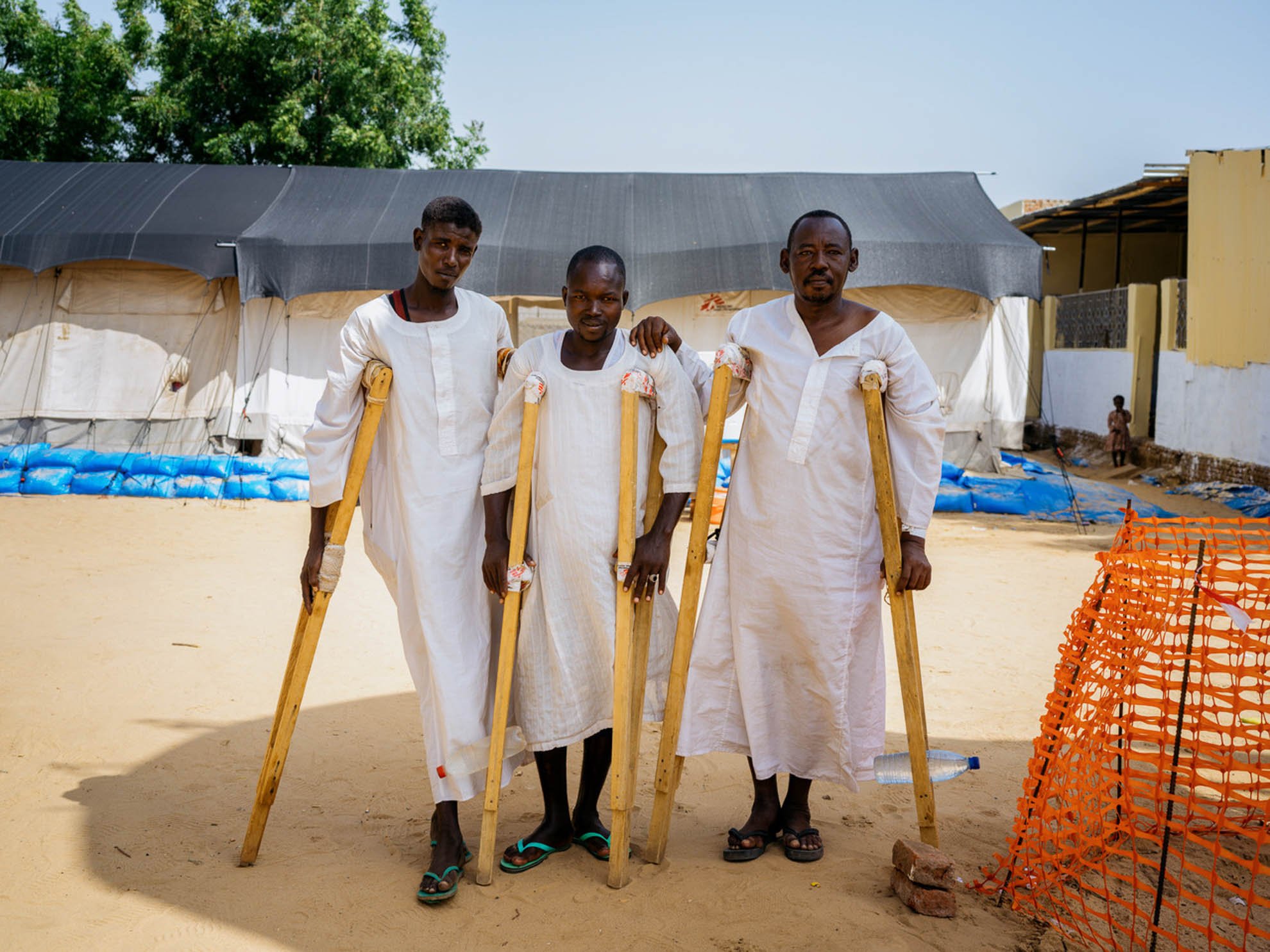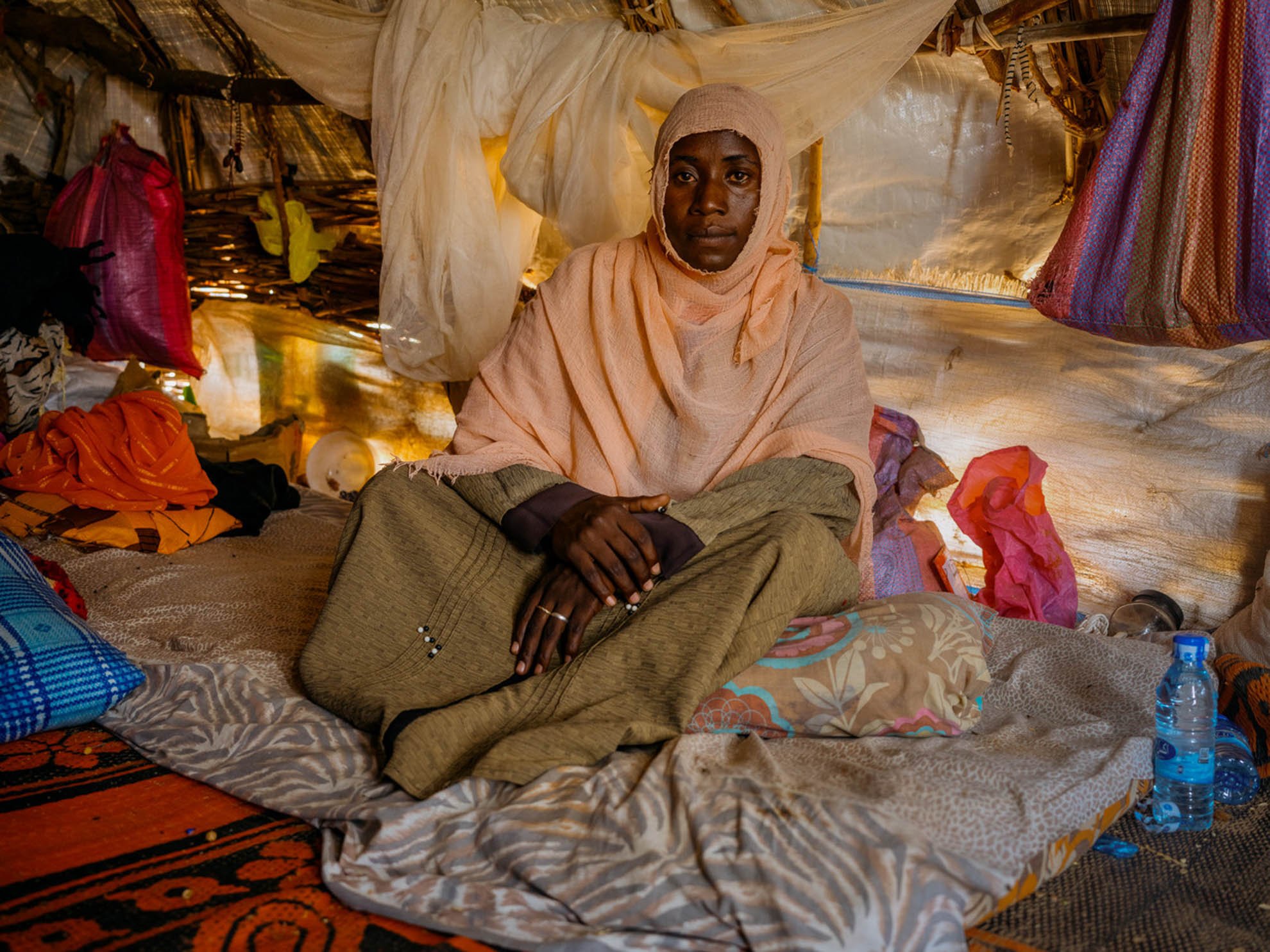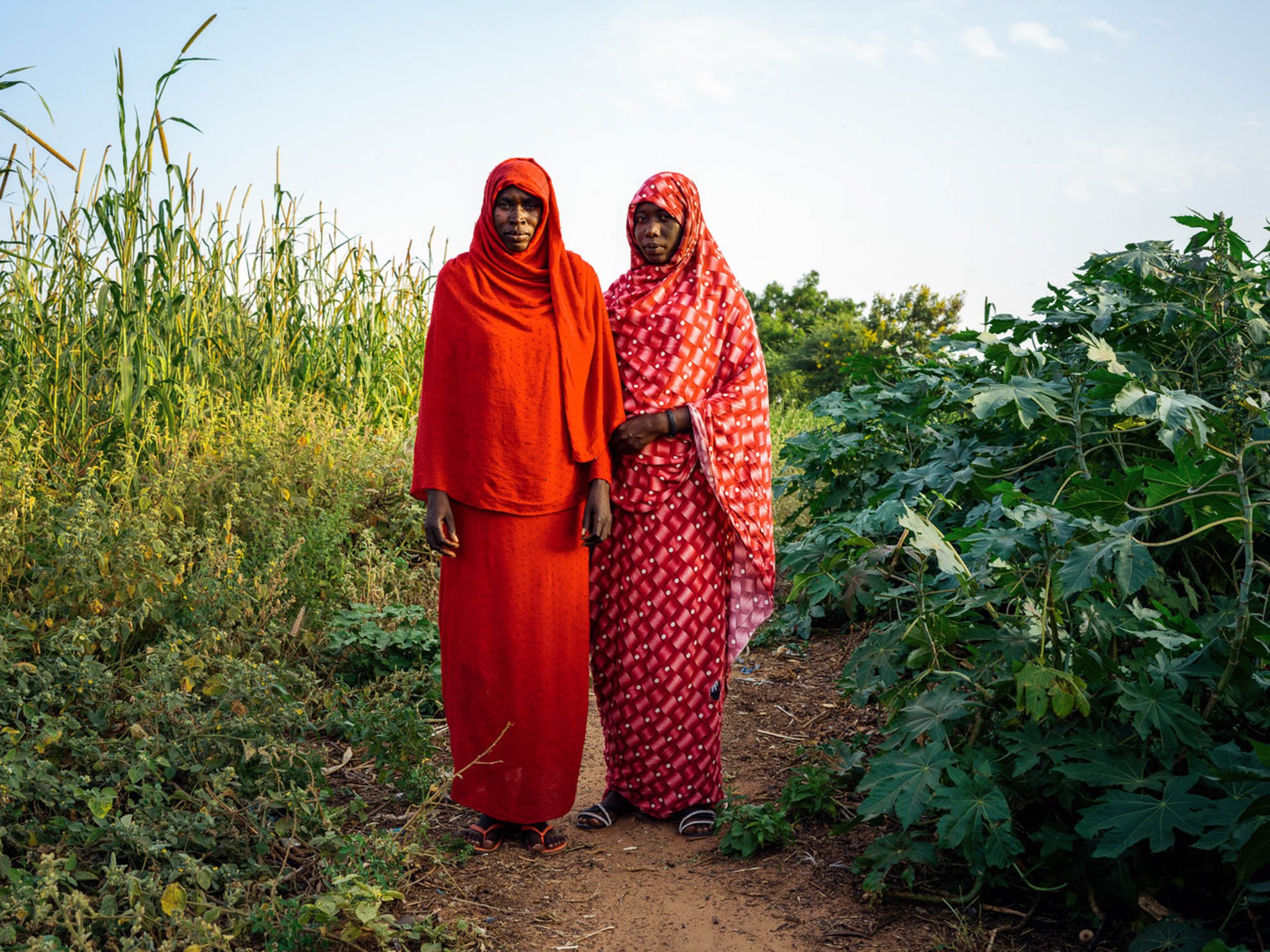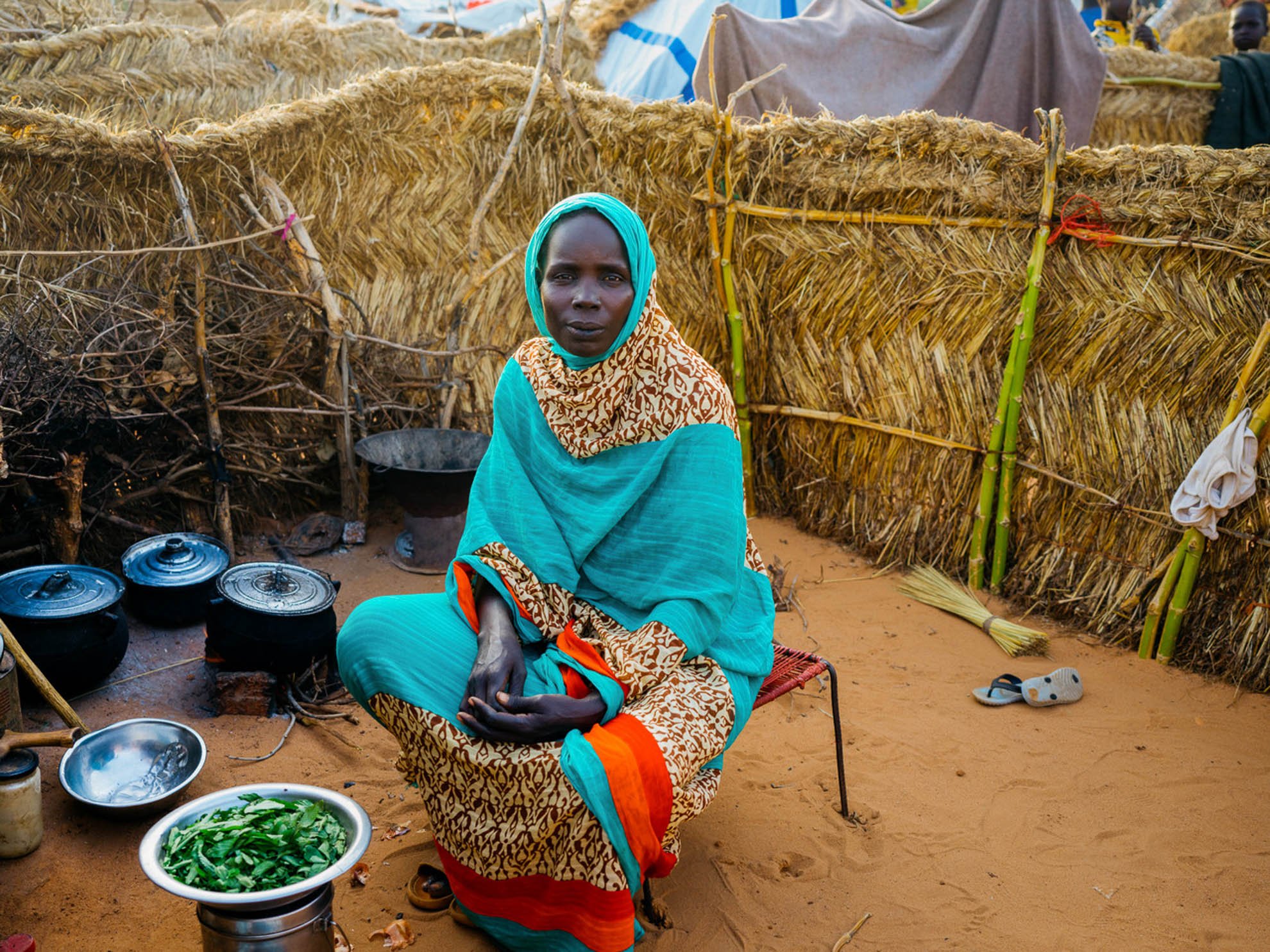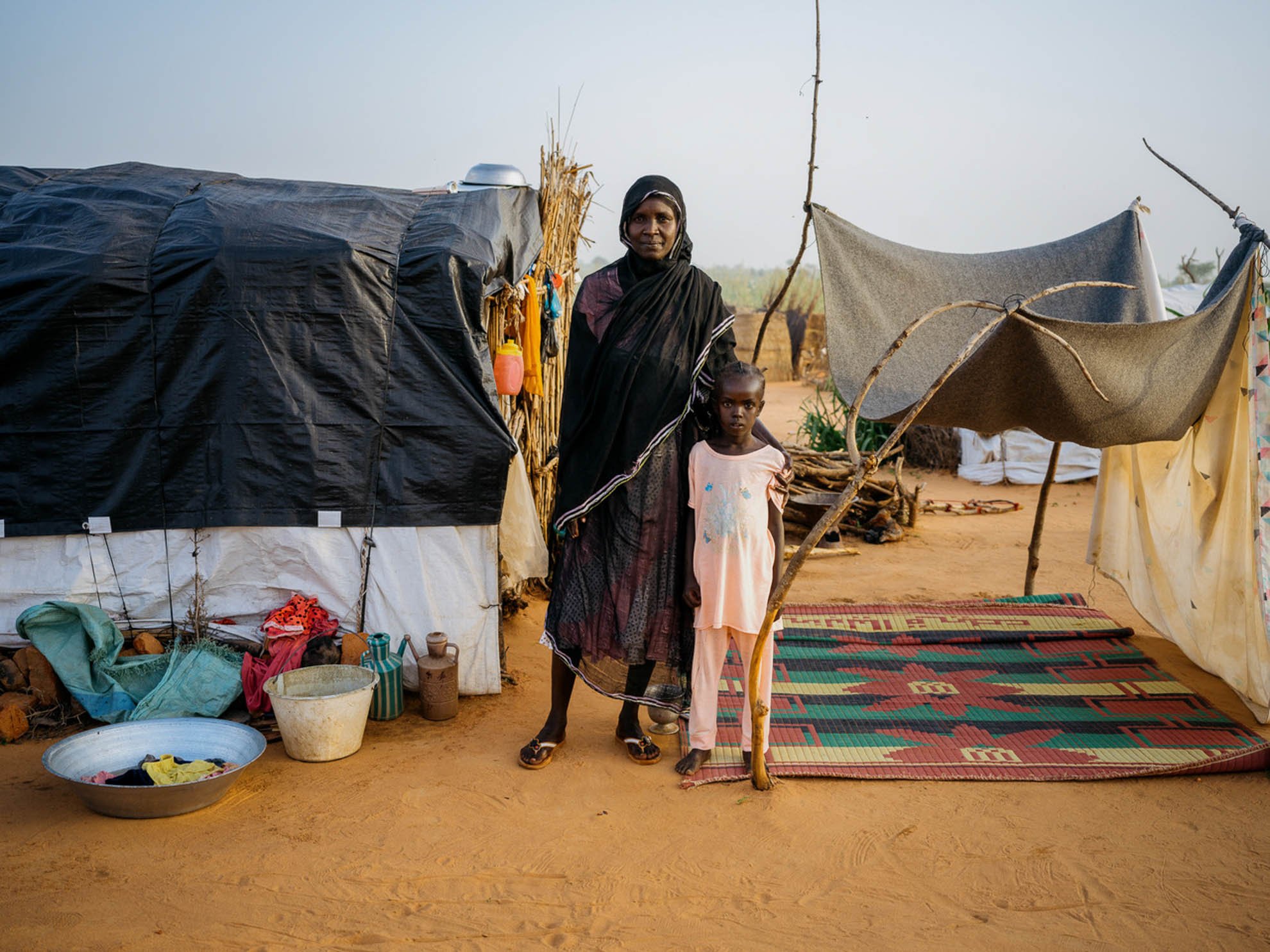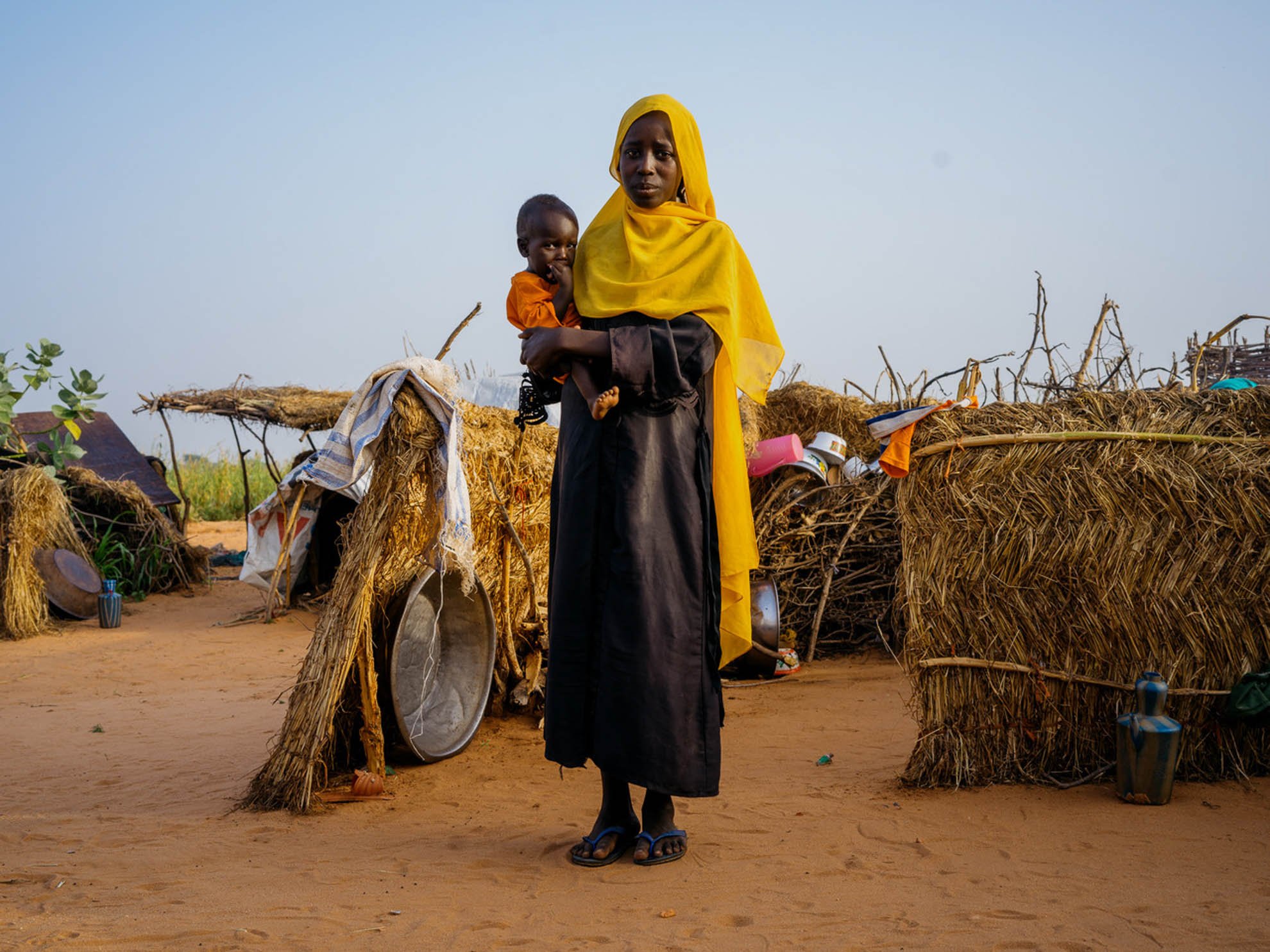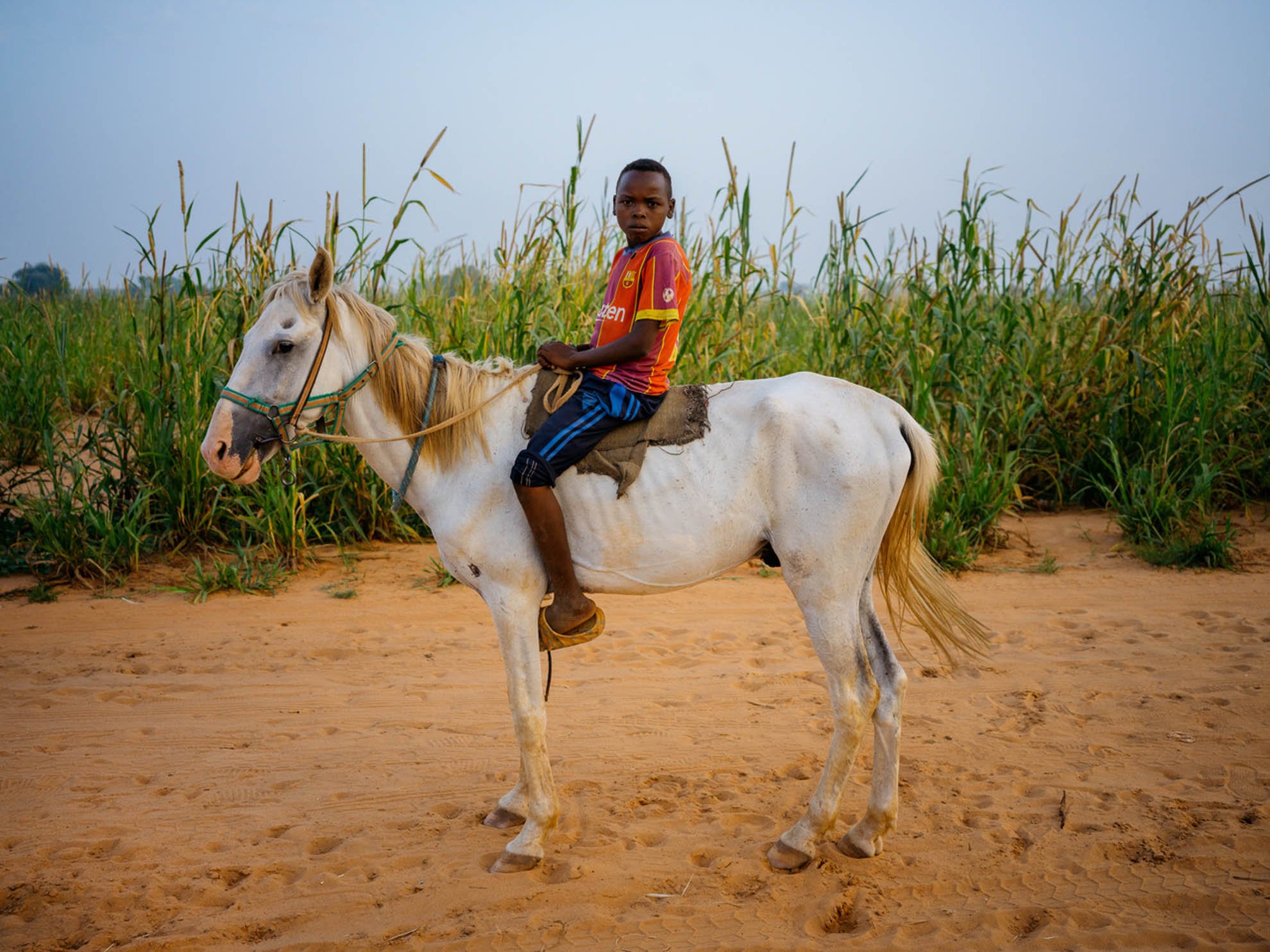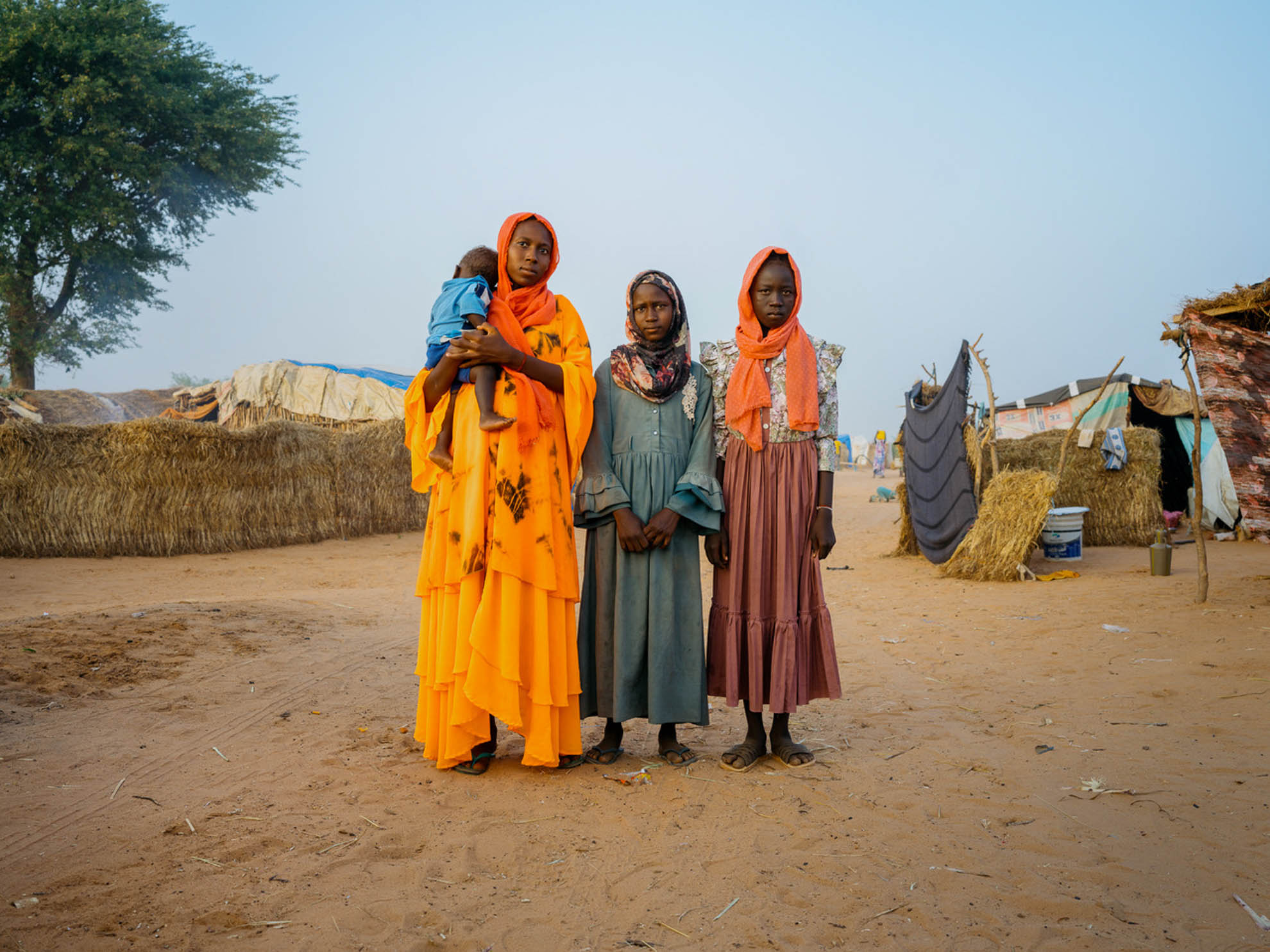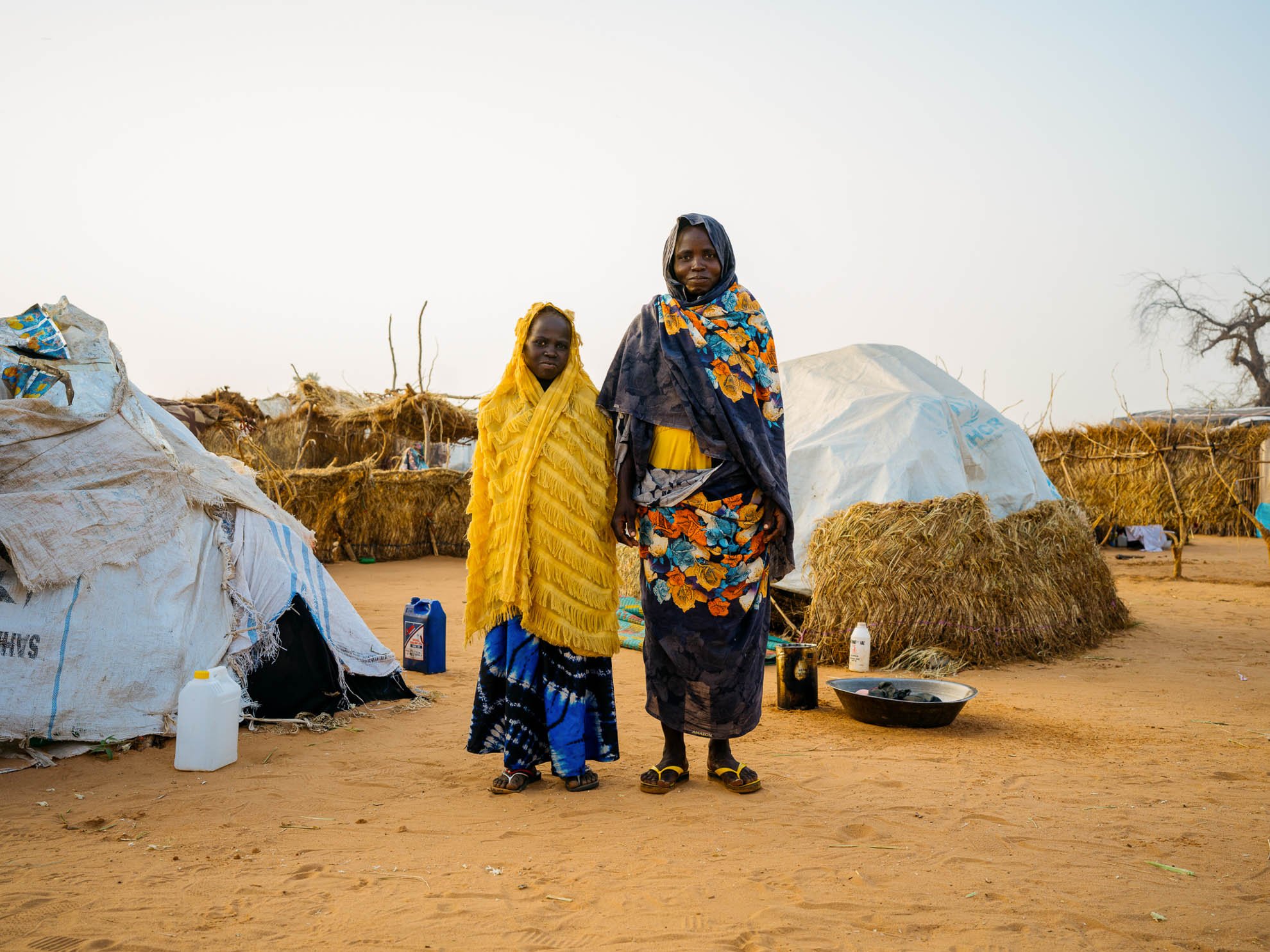Sudanese fleeing extreme violence find refuge in Chad
In October 2023, the renowned humanitarian photographer Giles Duley travelled with Humanity & Inclusion to Eastern Chad. There, he met with Sudanese refugees who had fled extreme violence in their country. Most of them arrived in the refugee camps with physical injuries as well as psychological trauma. Humanity & Inclusion is the only organisation providing rehabilitation and psychological support in Eastern Chad to people who have been through horrific events and are now trying to rebuild their life.



